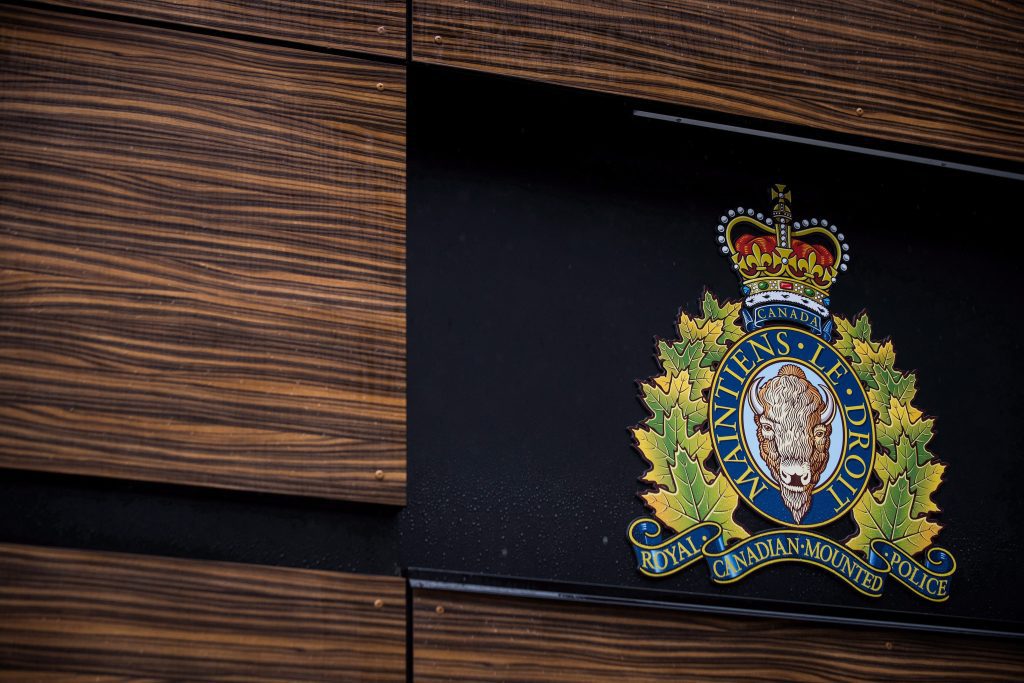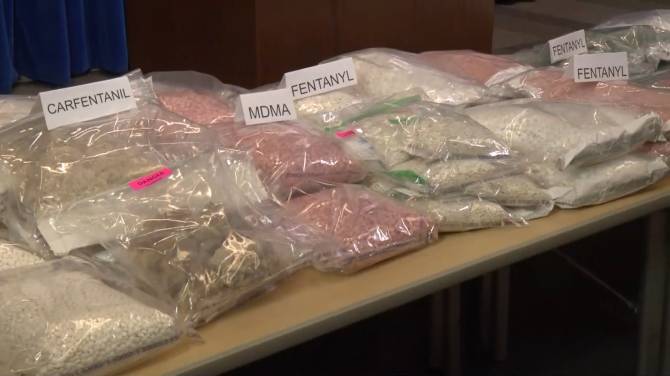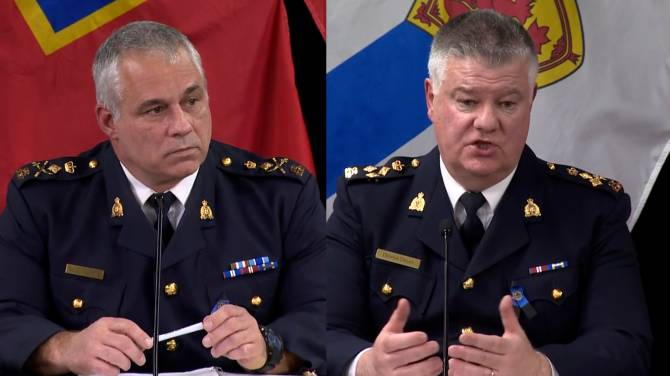The Liberal government is seeking ways to enhance policing services provided under contract by the RCMP across Canada, looking at aspects like overall cost and sustainability, as well as stronger oversight and accountability. RCMP The RCMP provides front-line policing services through contracts with all provinces and territories, except Ontario and Quebec, as well as some 150 municipalities. The current agreements are in place until March 31, 2032.
Internal notes from Public Safety Canada suggest that potential changes could include more responsive police service models that integrate the RCMP and community social services more closely.
The notes, which were obtained through the Access to Information Act, serve as a discussion guide for broad consultations on options to strengthen the RCMP’s contract policing.
Provinces and territories cover 70 per cent of RCMP costs, while the federal government handles the remaining 30 per cent. Municipal agreements vary based on population size.
Meanwhile, Public Safety Canada has been collaborating with the RCMP to hold in-person meetings and virtual sessions with officials from participating provinces, territories, municipalities, and other organizations to gather input on potential improvements to the contract policing program.
One of the discussion guide questions pertains to the principles that should guide future discussions on sharing costs between contract jurisdictions and the federal government.
Another question focuses on how the contract policing program could evolve to better meet the needs of the communities it serves.
Public Safety plans to release a report summarizing partners' views on the program and identifying areas for potential improvements.
In recent years, some jurisdictions have explored alternatives to the RCMP, with certain areas opting to establish their own municipal police services.
There have also been virtual meetings with First Nations on a regional basis, along with two national sharing circles that took place in October.
Public Safety will soon release a report summarizing partners' views on the program and identifying areas for potential improvements.
The changes occur in the context of broader questions about the RCMP's overall role and how it can balance service to small communities with federal policing responsibilities related to cyberthreats, financial crime, and national security vulnerabilities.
A May 2023 memo to Prime Minister Justin Trudeau, released under the access law, highlights the growing complexity and significance of risks and threats covered by federal policing, notwithstanding the fact that the majority of the RCMP’s resources are allocated to contract policing.
A commission of inquiry into the 2020 Nova Scotia shootings recommended last year that the federal public safety minister establish priorities for the RCMP, focusing on tasks suitable for a federal policing agency.
Right now, the examination of contract policing shows that the government wants to make small improvements instead of completely changing the contract policing system.
Not knowing what the federal government plans to do made National Police Federation president Brian Sauvé write to Trudeau last July asking for clear information.
He wrote, “Our members risk their lives every day, and they should know for sure how long the federal government is committed to the RCMP’s important role in Canada’s provinces, territories and communities.”
Sauvé also emphasized the federation's need to take part in the consultation.
In a recent interview, Sauvé said the letter gave the federation the opportunity to share its opinions with officials.
Sauvé now thinks the consultation on contract policing aims to “modernize and improve service delivery.”
RCMP commissioner Mike Duheme recently described the consultation as a way to “touch base” before renewing agreements.
Duheme said, “When you renew a contract in any type of business, you want to address some of the weaknesses and try to include what the people want in the contract.”
He said, “We have received many positive comments about the organization nationwide, so I am very sure that people want to keep the RCMP.”
Duheme mentioned that the force also understands that some communities have chosen to create their own police forces, and it's the RCMP's responsibility to provide information to help them “make an informed decision.”
Public Safety Canada says there are options for ‘more responsive’ police service models that could involve a closer connection between the RCMP and community social services.
Duheme said the force also respects that some communities have decided to set up their own police forces, adding it’s up to the RCMP to come to the table with the information for them “to make an informed decision.”





